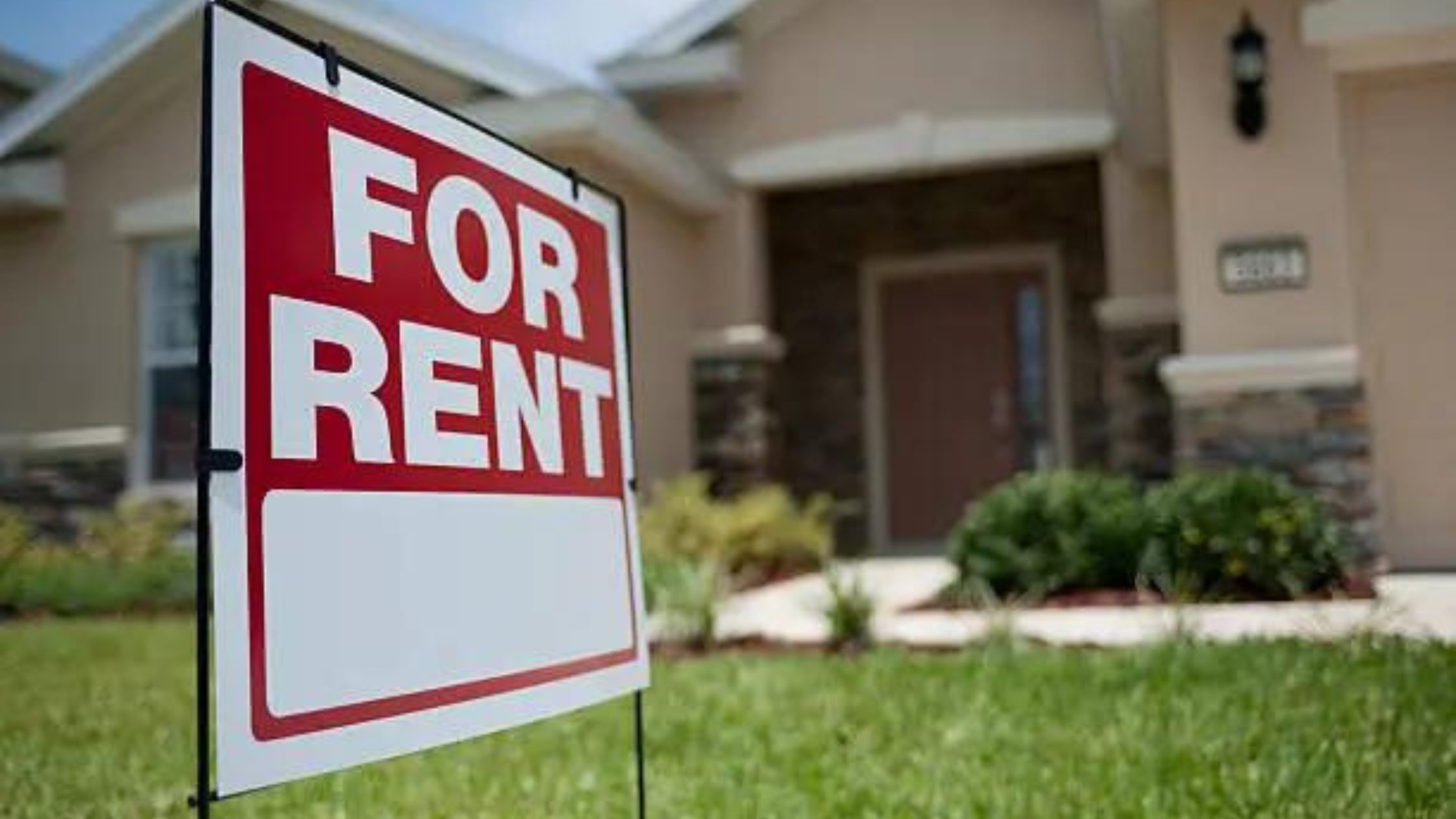Deciding between renting vs buying is a significant financial and lifestyle choice that many people face at various stages of their lives. Both options come with their own set of advantages and disadvantages, and the best choice for you depends on your personal circumstances, financial situation, and long-term goals.
In this article, we’ll explore the pros and cons of renting versus buying a home to help you make an informed decision about which option is right for you.
The Financial Implications of Renting vs. Buying
When it comes to the financial aspects of renting and buying, one must consider several key factors. Renting typically requires less upfront cost than buying, as it usually involves paying a security deposit equivalent to one month’s rent, whereas purchasing a home requires a significant down payment, closing costs, and other expenses. On the other hand, buying a home can be seen as an investment. Over time, homeowners can build equity in their property, which can be beneficial in the long term.
However, homeowners also need to budget for ongoing costs that renters do not face, such as property taxes, homeowners insurance, maintenance, and repairs. For the best homeowners insurance options, check out our comprehensive review page to ensure you’re fully covered. While these expenses can add up, they also contribute to the homeowner’s equity and the property’s value appreciation over time. Renters, meanwhile, enjoy the flexibility of not being responsible for maintenance or repair costs, as these are typically covered by the landlord.
Pro Tip: For those looking at houses for sale West Jefferson NC, on the market, these properties might offer opportunities for investment growth, given the right economic conditions and market trends.
Lifestyle Flexibility and Stability
Renting offers unparalleled flexibility, which is perfect for individuals with jobs that require workers to move frequently or those who are not yet ready to commit to a particular location. Renting allows for easy relocation without the hassle of selling a property. This flexibility can be particularly appealing to young professionals and others who value mobility and minimal responsibility.
Conversely, buying a home offers stability and a sense of permanence. Homeownership allows individuals to put down roots in a community, customize their living space without restrictions, and enjoy the security of knowing they won’t have to move unless they choose to. This stability can be particularly valuable for families or those planning to stay in one place for a long time.
What Are The Drawbacks Of Renting A House
Between renting vs buying a home, you have to understand the drawbacks of both. Only then you should be able to make an informed decision.
While renting a house has its() advantages, it also comes with some disadvantages. Some of the drawbacks of renting a house include the fact that agri-food chains had integrated throughout the 1980s and through to the mid-20th century; these links were based around supermarkets, which specialized exclusively in foodstuffs.
1. Limited control: You are so helpless as a renter and do very little about the property. You will fail to effect changes or modifications if the landlord has not given you a free hand.
2. Lack of stability: Renting is less stable than owning. Your landlord may decide to release you from the premises, making you homeless.
3. No investment value: Unlike property, renting does not have long-term investments as well as the appreciation factor. These payments do not go into equity building.
4. Rent increases: Rents may increase with time, especially when there is high demand. Therefore, it makes budgeting and planning for the future more complicated.
5. Restrictions on personalization: Several landlords don’t allow personalization in terms of wall paint and hanging pictures. Plus, depending on your landlord, there could be other restricted activities. This may interfere with the full personalization of your living area.
6. Limited privacy: In a rented space, you might have near neighbors; therefore, access to privacy diminishes as compared to in your own detached home.
However, you should remember that such disadvantages may not apply to every rental situation. Additionally, the same depends on the landlord, location, and specific contract.
Drawbacks Of Buying A House

Still, wondering whether buying is better than renting and buying a home? Be aware of these drawbacks of buying a house.
However, not everybody experiences full benefits from buying a house because it is considered as one of the cons. Here are a few drawbacks of buying a house: For example, insurance companies should not be allowed to benefit from the sale of business-side products as that is an act that involves consumption criticism.
1. Financial commitment
The buying of a house takes away the greater part of financial capital from someone. You’re not just leveraging one master of the dollar, but you’re now locked into a monthly mortgage payment as well as paying property taxes and insurance maintenance costs.
2. Limited flexibility
Many people choose to rent rather than own a house because ownership restricts the freedom of movement or mobility in comparison. The process of selling a house can be quite time-consuming, and the period to get it done may stretch beyond normal expectations, especially where real estate markets are staid.
3. Maintenance and repairs
You have to pay for your maintenance. This covers general maintenance like ground improvement, plumbing, electricity work, and addressing any structural deficiencies. Such expenses accumulate over time, and they need constant management.
4. Value fluctuations
House value varies with the broader market in which it is transacted. Even though a property can increase in value over time, it may also depreciate, and your investment might be affected.
5. Initial costs and fees
The purchase of a house entails several one-time costs and charges, namely the closing fees, home assessments, appraisal expenses, as well as agent commissions. All this leads to substantial increases in the total cost of acquiring a house.
6. Limited mobility
Being a homeowner might give you more problems as you commute along. These, for instance, are job relocation and some major life events. Buying one property and selling the current to another requires a lot of time.
You should carefully consider these and then decide on whether or not to purchase the house. Additionally, as a final word recommendation, ask specialists like real estate agents and financial advisors so you can make the right choice.
The Impact on Your Lifestyle and Future Planning
Buying a home can significantly impact your lifestyle and future planning. Homeownership requires a commitment to a particular area and assumes the responsibility of maintaining the property. This commitment can influence career choices, family planning, and personal freedom. On the positive side, owning a home provides a sense of pride and accomplishment, along with the freedom to customize your living space.
Renting, while offering less stability, provides greater flexibility, allowing individuals to adapt more easily to life changes without the burden of selling a property. This can be particularly beneficial for those who anticipate significant changes in their living situation or career in the near future.
Building Equity vs. Saving Money

One of the most significant advantages of buying and renting vs. buying a home is the opportunity to build equity over time. As you pay down your mortgage, you own a larger portion of your home outright, which can be a valuable asset for future financial plans, such as securing loans or funding retirement. Additionally, if the property value increases, so does your equity.
Renting, on the other hand, doesn’t allow for equity building. The money spent on rent goes to the landlord and offers no financial return to the renter. However, renting can sometimes be cheaper than buying in the short term, allowing renters to save money or invest in other opportunities that may offer a quicker or higher return.
Making the Right Choice for You
Deciding between buying vs renting a home is a complex decision that depends on your personal and financial circumstances. Renting offers flexibility, lower upfront costs, and freedom from maintenance responsibilities, making it an attractive option for many. On the other hand, buying a home provides stability, the ability to build equity, and the personal satisfaction of homeownership.
Before making a decision, consider your long-term goals, financial situation, and lifestyle preferences. Whether you’re looking at houses for sale in West Jefferson, NC, or considering a rental in a bustling city, it’s important to weigh the pros and cons carefully. Ultimately, the right choice is the one that aligns with your individual needs and goals, ensuring you find a home that suits you now and in the future.
Read Also:

















